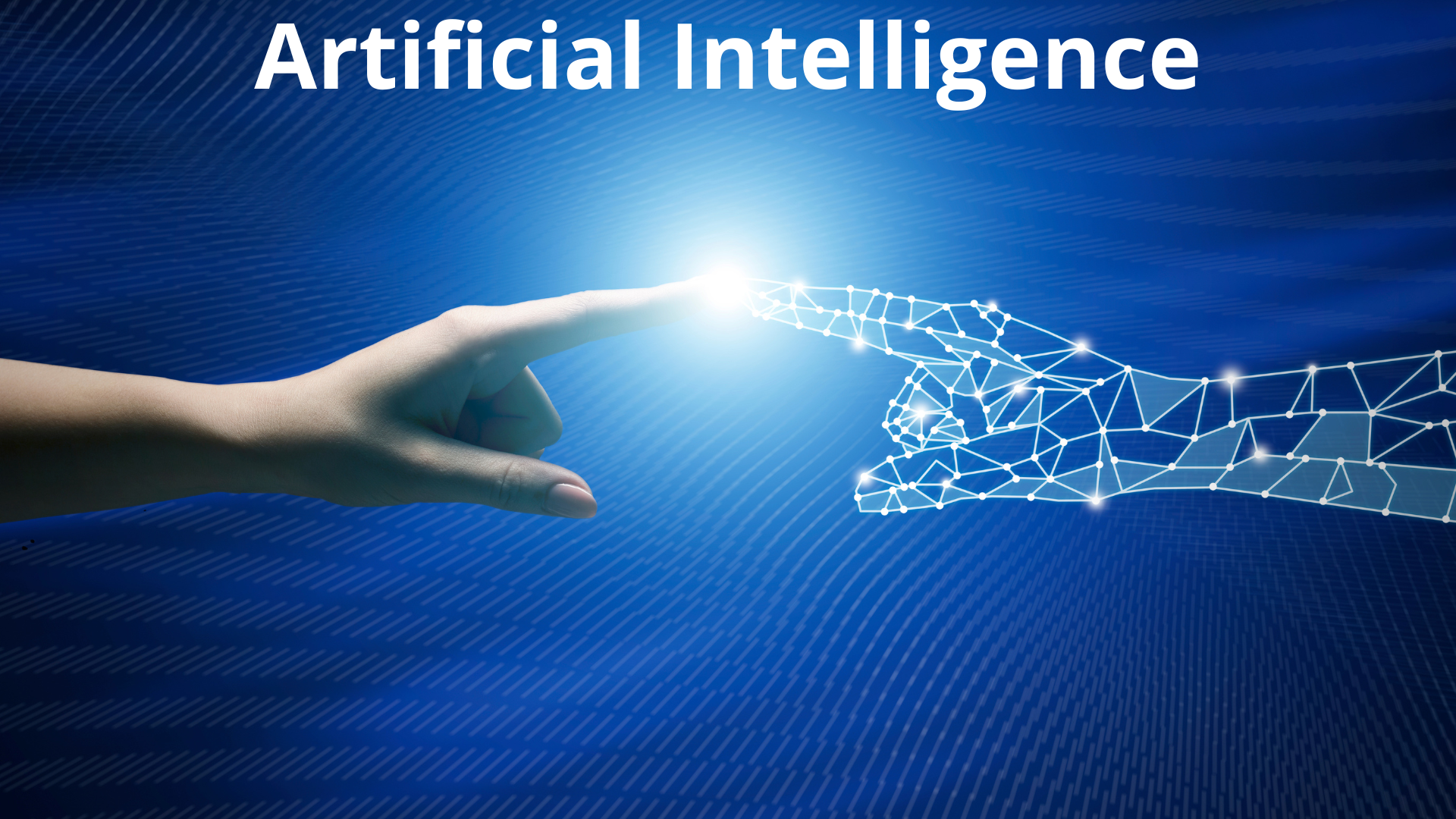
Artificial Intelligence (AI) is transforming and revolutionising the way companies operate. By using Artificial Intelligence, businesses can increase efficiency, reduce costs, and improve overall performance. The technology has the potential to transform the business landscape, making it easier for companies to make data-driven decisions, automate tasks, and streamline business processes. From customer service chatbots to predictive analytics, AI is offering a range of benefits to businesses across various industries.
One of the most significant advantages of AI is its ability to process vast amounts of data quickly and accurately. With AI-powered tools, businesses can analyse customer behavior, identify patterns, and trends, and make informed decisions based on data. This can help them optimise their products and services, improve customer engagement, and increase revenue. AI can also automate repetitive and time-consuming tasks, such as data entry or invoice processing, freeing up employees to focus on more strategic projects.
What types of Artificial Intelligence applications can businesses use to automate processes?
As technology continues to evolve, businesses are constantly seeking ways to improve efficiency and streamline processes. Artificial Intelligence (AI) has emerged as a powerful tool for achieving these goals. AI can help businesses automate processes, reduce costs, and improve customer experiences. However, it’s important to note that there are also some potential downfalls to implementing AI in business operations.
Let’s take a look at some of the ways AI can be used to automate processes within a business:
Chatbots: Chatbots are AI-powered computer programs that can mimic human conversations. They can be integrated into websites, social media pages, or messaging apps to provide customers with instant support and assistance. Chatbots can be used to handle simple queries, freeing up employee time for more complex tasks. Additionally, they can provide 24/7 customer support, improving the customer experience.
Predictive analytics: AI-powered analytics can help businesses predict future trends and customer behaviors. This can help them make informed decisions and tailor their strategies accordingly.
Robotic Process Automation (RPA): RPA involves using software bots to automate repetitive tasks such as data entry, invoice processing, and inventory management. This can help businesses reduce costs and free up employee time for more important tasks.
Natural Language Processing (NLP): NLP can be used to automate tasks such as document classification, sentiment analysis, and content creation. This can help businesses save time and improve accuracy.
Creating Content: With AI-powered tools, businesses can create images, videos, and written content more efficiently and at a lower cost. This can help businesses streamline their marketing efforts and engage with customers more effectively.
While these applications of AI can bring significant benefits to businesses, it’s important to be aware of potential downfalls as well. For example:
Data bias: AI systems are only as good as the data they’re trained on. If the data used to train an AI system is biased, it can lead to biased outcomes and decisions. This can be particularly problematic in areas such as hiring, where bias can result in discrimination against certain groups of people.
Security concerns: AI systems can be vulnerable to cyber attacks, which can compromise sensitive data and put businesses at risk. It’s important for businesses to ensure that their AI systems are secure and protected against potential threats.
Job displacement: While AI can automate many tasks, it can also lead to job displacement for employees who previously performed those tasks. Businesses need to consider the impact of AI on their workforce and ensure that they have plans in place to reskill and upskill employees as necessary.
Lack of transparency: AI systems can be complex and difficult to understand, which can make it challenging for businesses to explain how decisions are being made. This lack of transparency can lead to mistrust and skepticism among customers and stakeholders.
Ethical issues: Ultimately, the key is to strike a balance between the efficiency and cost savings that AI can provide and the creativity and human touch that makes great content truly stand out. One of the main concerns with AI is the potential for bias and discrimination, particularly in areas such as hiring and lending decisions. Additionally, there is the risk that AI could replace human workers, leading to job losses and economic disruption.
Well-known AI Tools
Co-Pilot, Chat GPT, and Bard are some of the most well-known AI-powered tools that have gained popularity among businesses in recent years. Co-Pilot and Chat GPT are both developed by OpenAI. Bard, on the other hand, is an AI-powered writing assistant that helps writers improve the quality and clarity of their written content.
Microsoft Co-Pilot
Microsoft Co-Pilot is an AI tool designed to help human workers complete tasks more efficiently. It works by suggesting steps and providing information in real-time as the user works, reducing the need for frequent pauses and searches for information. Co-Pilot can be integrated into various tools and platforms, including web browsers, text editors, and programming environments, and can be customised to suit the user’s specific needs. The goal of Co-Pilot is to enhance productivity and reduce errors, making it a valuable tool for businesses looking to streamline their workflow. Co-Pilot in Teams also provides a transparent and collaborative workspace, making it easier for teams to work together and understand how decisions are being made.
Chat GPT-3
Chat GPT-3 is an AI-powered chatbot developed by OpenAI that uses advanced natural language processing (NLP) capabilities to engage in human-like conversations with users. It is designed to be highly adaptable and can be used for a wide range of applications, from customer service and support to personal assistants and language translation. Chat GPT-3 is trained on a massive dataset of real-world conversations and can generate responses that are both contextually relevant and grammatically correct. It is also capable of learning and improving over time as it interacts with more users. Overall, Chat GPT-3 is a powerful tool that businesses can use to improve their customer service and support functions, while also freeing up valuable employee time for other tasks.
Google Bard
Another promising development in AI for business is Google’s Bard, an AI-powered tool that generates coherent and creative text. This can be a game-changer for businesses looking to improve their content marketing, as Bard can generate headlines, product descriptions, and even entire articles. This not only saves time and resources but also helps to maintain consistency and quality across all content.
Wide Range of Artificial Intelligence Tools
As decision-makers, you are aware of the potential benefits that AI can bring to businesses. From endpoint protection to recruitment, there are a plethora of AI tools available to help streamline and optimise business operations, including Coding, Software development, Cyber Security, or Business Intelligence such as Salesforce and SAS. As experts in the IT field, we urge you to carefully consider both the advantages and disadvantages of incorporating AI into your business strategy.
Machine Learning Algorithms
In addition to these specific AI tools, machine learning algorithms are also becoming increasingly valuable for businesses. These algorithms can be trained on large datasets to identify patterns and make predictions, allowing businesses to make data-driven decisions and improve their processes. For example, machine learning AI algorithms can be used to predict customer behavior, identify potential equipment failures, and even optimise supply chain management by automating processes.
Conclusion
It is crucial for businesses to approach AI adoption carefully and thoughtfully, taking steps to minimise the risks and ensure that the technology is being used ethically and responsibly. This may involve consulting with experts in the field and implementing processes for monitoring and mitigating bias.
Overall, the benefits of AI for businesses are clear. From enhancing productivity and improving customer service to making more informed decisions, there are numerous ways that AI can help businesses succeed in today’s fast-paced and competitive marketplace. However, it is important to be aware of the potential downsides and take steps to mitigate these risks. With the right approach, AI can be a powerful tool for driving growth and innovation in businesses of all sizes and industries.
In conclusion, the potential benefits of AI for businesses are immense. From automating repetitive tasks to providing valuable insights and predictions, AI capabilities have the potential to transform the way that businesses operate. However, it is important for decision-makers to be aware of the potential downsides and take steps to mitigate these risks. By approaching AI technology adoption carefully and thoughtfully, businesses can harness the power of this technology to drive growth and innovation, while also ensuring that it is being used ethically and responsibly. In short, AI is a powerful tool that can help businesses thrive in the modern economy, but it must be used wisely and with caution.
